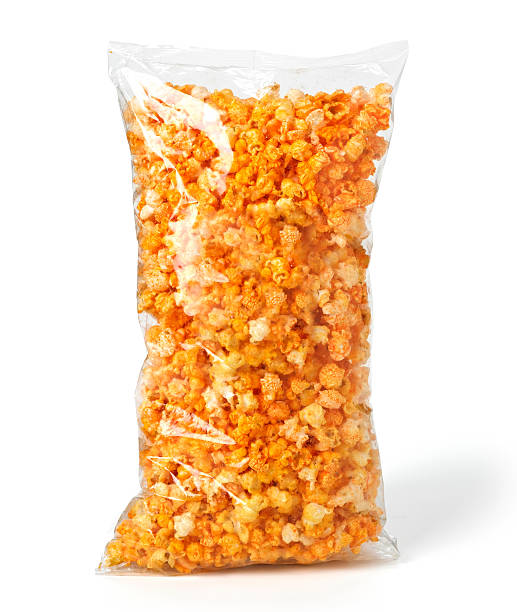Products
BOPP Films
PennPac offers a wide range of BOPP films for food packaging applications.
- Printing
- Laminating
- Pressure-sensitive labels
- Industrial applications
What is BOPP packaging film?
- Polypropylene Base: BOPP is derived from polypropylene, a versatile polymer known for its excellent chemical resistance, high melting point, and low density.
-
- Polypropylene is a type of plastic that can be melted down and reshaped multiple times without significant degradation in its properties.
-
- Extrusion: The process begins with the extrusion of molten polypropylene resin.
-
- In this step, polypropylene pellets are melted and formed into a flat sheet or film using an extrusion process.
- The thickness of this initial film can be controlled based on the desired application.
-
- Biaxial Orientation: BOPP stands out due to its biaxial orientation.
-
- This involves stretching the film simultaneously in both the machine direction (MD) and the transverse direction (TD).
- The elongation process aligns the polymer molecules in two directions, resulting in enhanced mechanical properties such as tensile strength, stiffness, and clarity.
- Such orientation also reduces the film’s thickness while improving its strength, limiting propagation.
-
- Orientation Stage: After extrusion, the polypropylene film is passed through a series of heated rollers.
-
- The film is mechanically stretched in both the machine and transverse directions.
- Stretching is controlled to achieve specific properties tailored to the intended application.
-
- Heat Setting: The extruded film is heat-set to stabilize molecular orientation.
-
- This involves heating the stretched film to a specific temperature below its melting point and then rapidly cooling it.
- Furthermore, helps to lock in the orientation of the polymer molecules, retaining mechanical properties over time.
-
- Trimming and Winding: Once heat-set, it is trimmed to the desired width and wound into rolls.
-
- Trimmed edges are often recycled back into the manufacturing process to minimize waste. Read about PIR and PCR here.
-
- Surface Treatment (Optional): Depending on the intended application, flexible BOPP films may undergo surface treatment.
-
- For this reason, to enhance adhesion or printability.
- Common surface treatment methods include corona treatment or flame treatment, which modify the surface properties of the film to improve ink adhesion or lamination performance.
-
PennPac’s BOPP films are used in a variety of modern flexible food packaging applications such as baked goods, snack foods, confections, frozen foods, pet food and treats, and more.

Choose PennPac as your BOPP film supplier. Contact us today to learn more.
Contact Us!Our BOPP Films:
- Transparent
- Heat Sealable
- Corona Treat
- Flame Treat (High Energy)
- High Slip
- White Cavitated
- Solid White
- Matte
- Metallized
